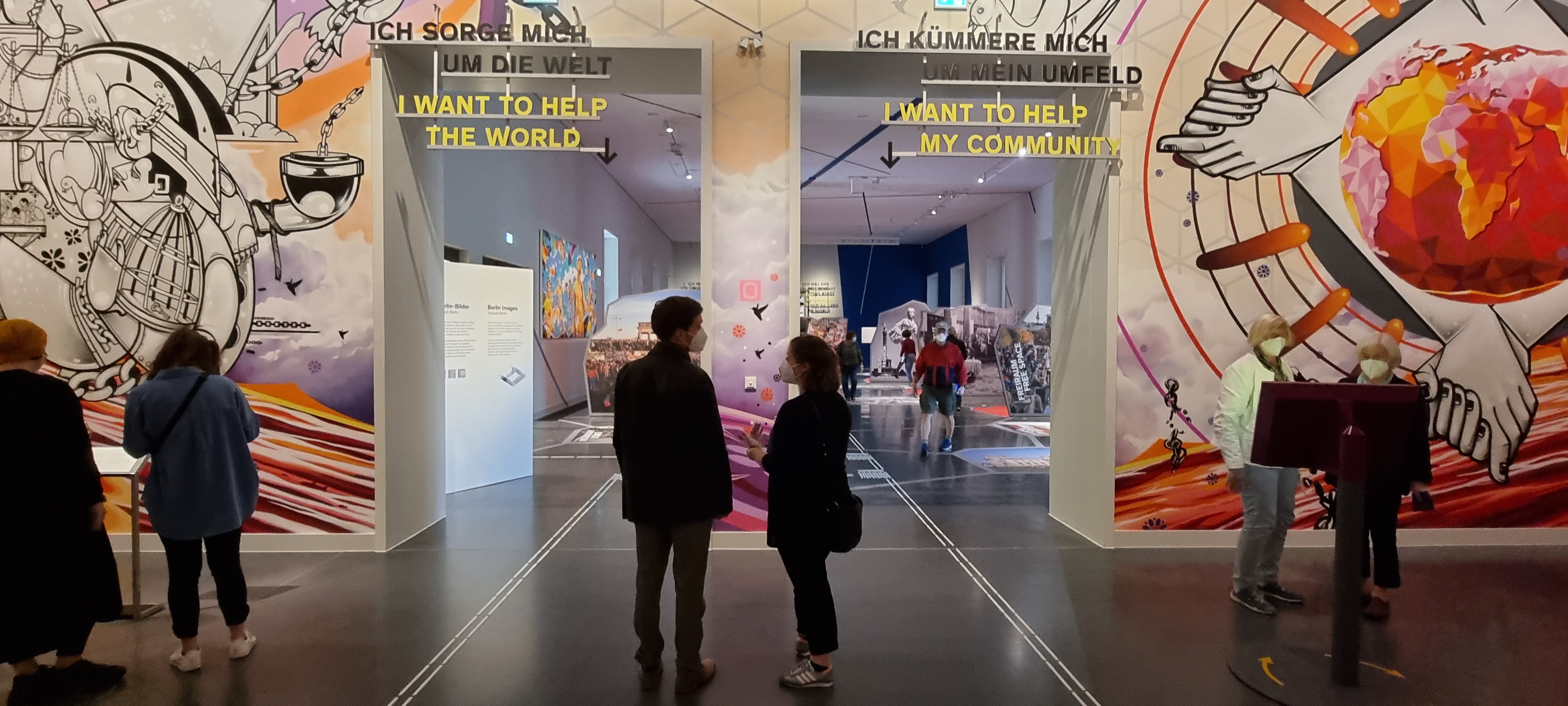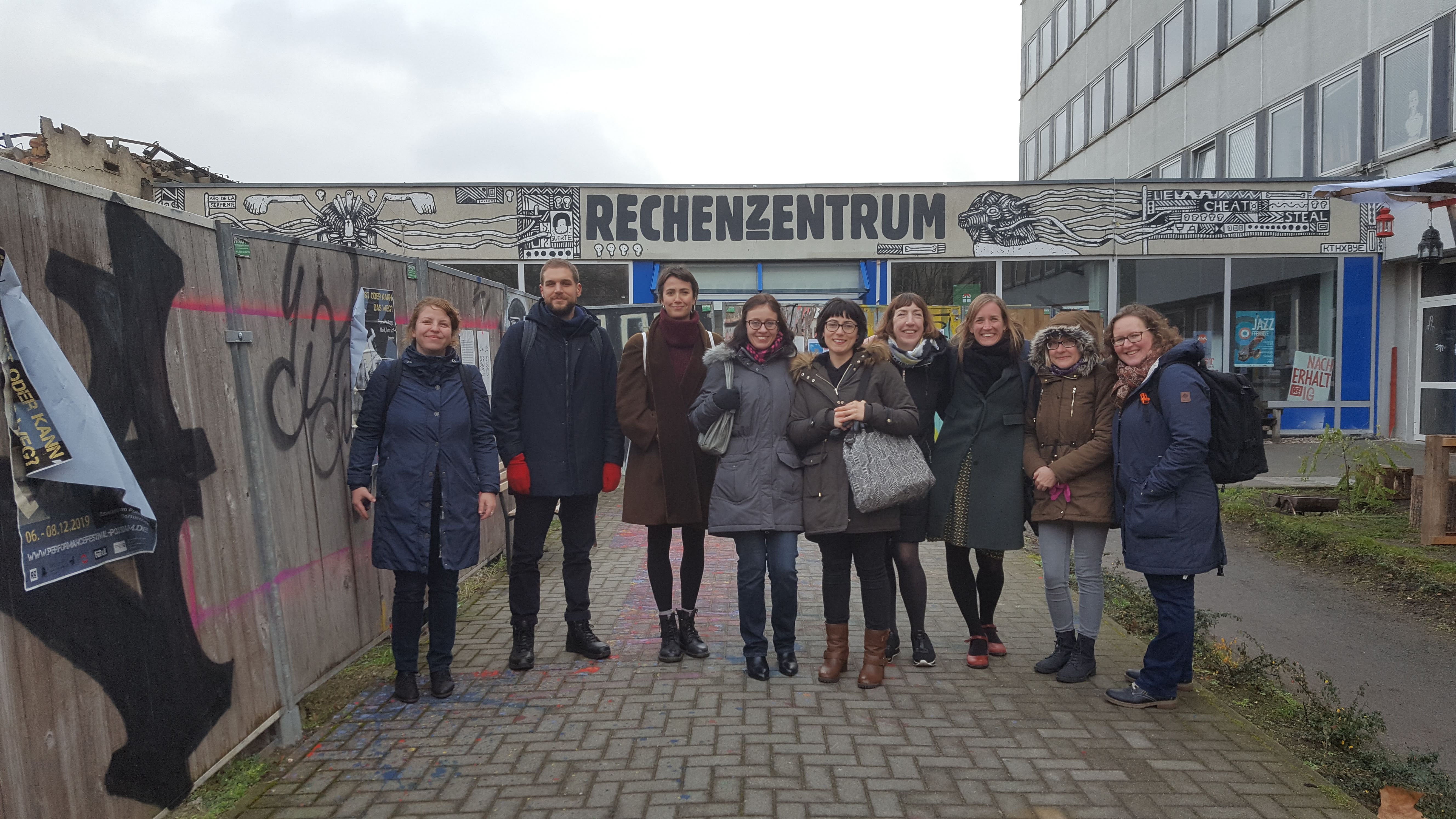en/counter/points
(re)negotiating belonging through culture and contact in space and place


Project Summary
en/counter/points investigates the relationships between official and unofficial sites, practices, processes and discourses of public space, culture and integration to uncover multiple (re)negotiations of belonging in a diverse Europe. It analyses problematic notions of ‘integration’, examining participatory, dialogic cultural activities, activism and appropriations in (and of) public spaces to question their perceived and actual impacts on individuals, society, culture and on public space in return. It hinges on the significance of: encounters between people and culture in public spaces; points of encounter where they may take place; and counterpoints which may be contained, silenced or expressed within them.
Its objectives are to examine: the roles and functions of museums, built heritage, urban spaces and community organisations within and for diverse articulations of belonging; the ways in which diverse populations establish, use, share, remember, appropriate, re‐activate, adaptively re‐use or reject ‘shared’ physical or notional public spaces and places; official and unofficial discourses of cultural integration and belonging. It takes a transnational, interdisciplinary and collaborative approach to tackle the question of how and why multiple heritages, memories, processes of attachment and belonging to and in cultural spaces and places, are being (re)negotiated during a time of European migration and identity ‘crises’?
en/counter/points produced academic publications, policy briefs, a toolkit for museums and models of participatory action, impacting on diverse audiences and stakeholders within heritage, museums, communities, policy, academia, architectural practice, urban and cultural governance.
Co-Is: Claske Vos, University of Amsterdam; Grazyna Szymańska-Matusiewicz, Warsaw University; Jacopo Leveratto, Politecnico di Milano; Achim Saupe, Leibniz Centre for Contemporary History Potsdam.
Funding: HERA: Humanities in the European Research Area
Duration: 2019 - 2022
Partnership: Heritage Volunteering Group